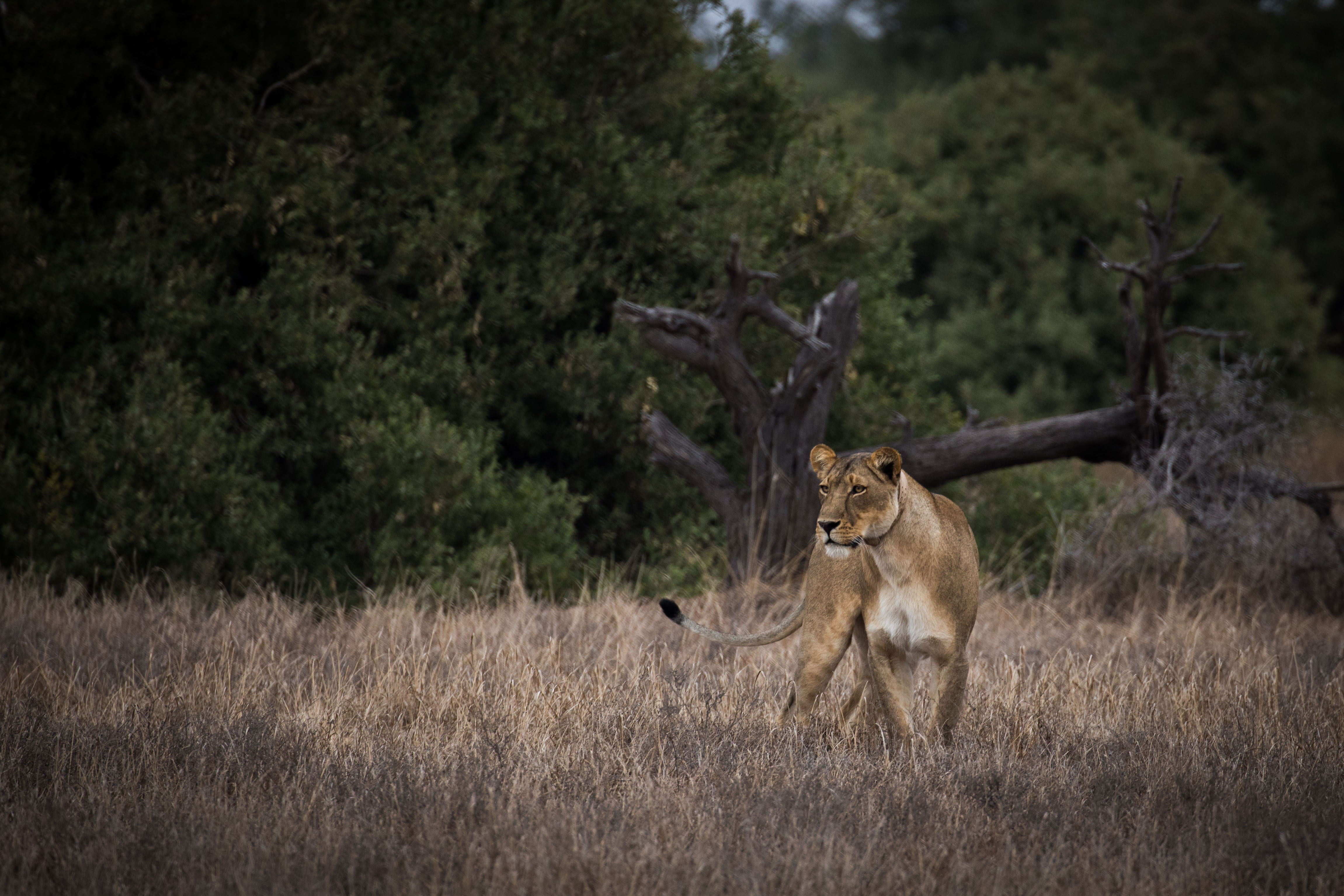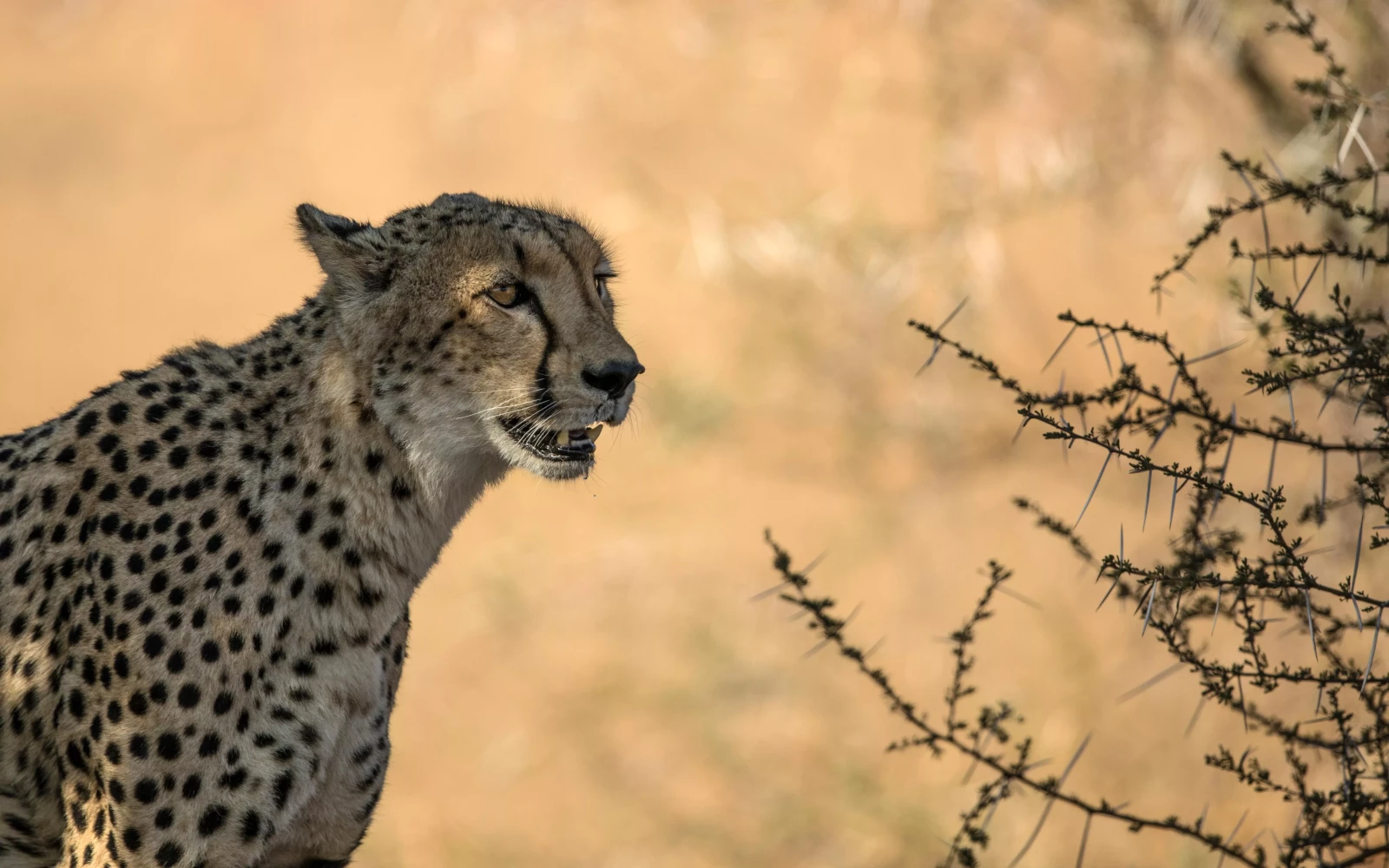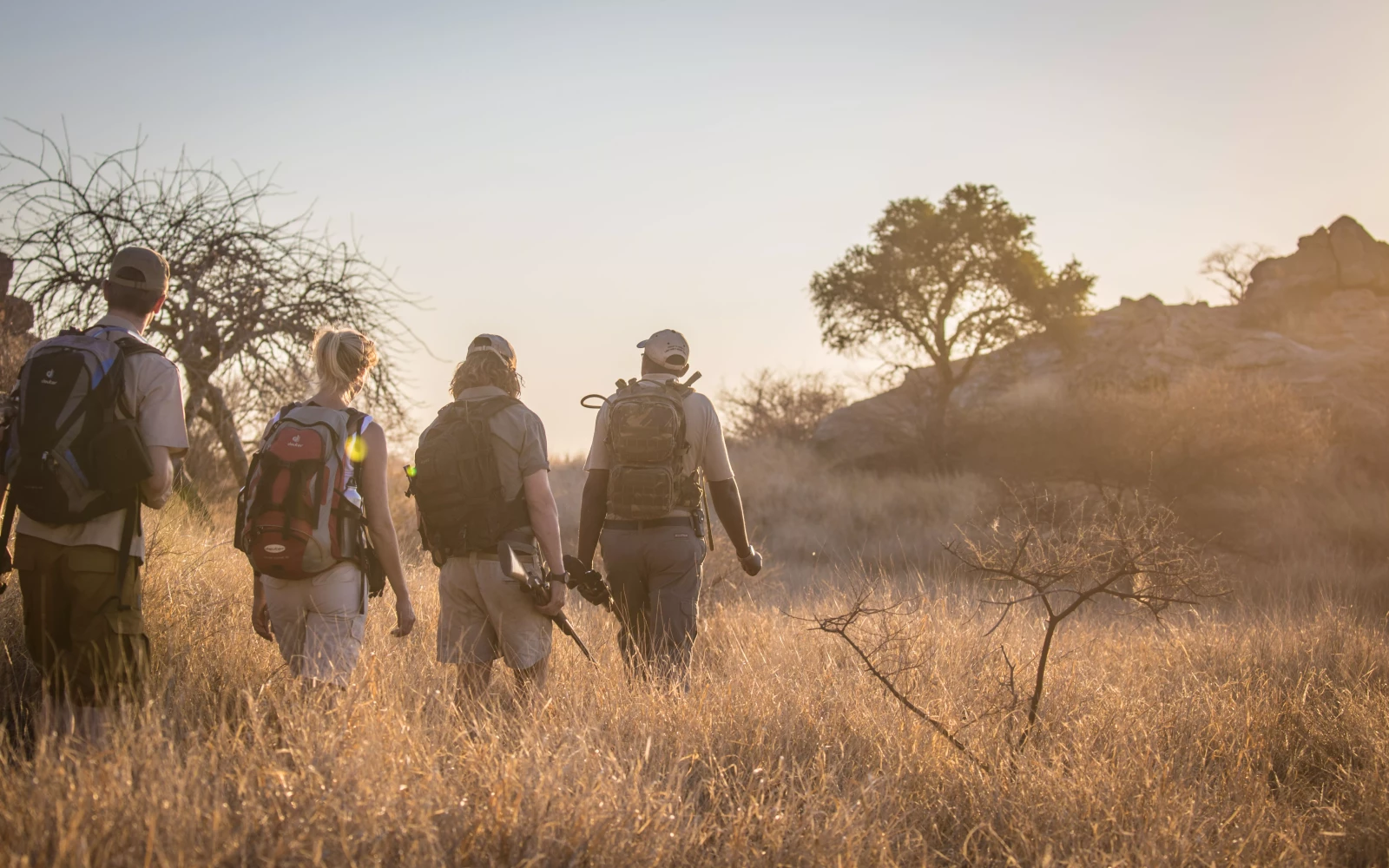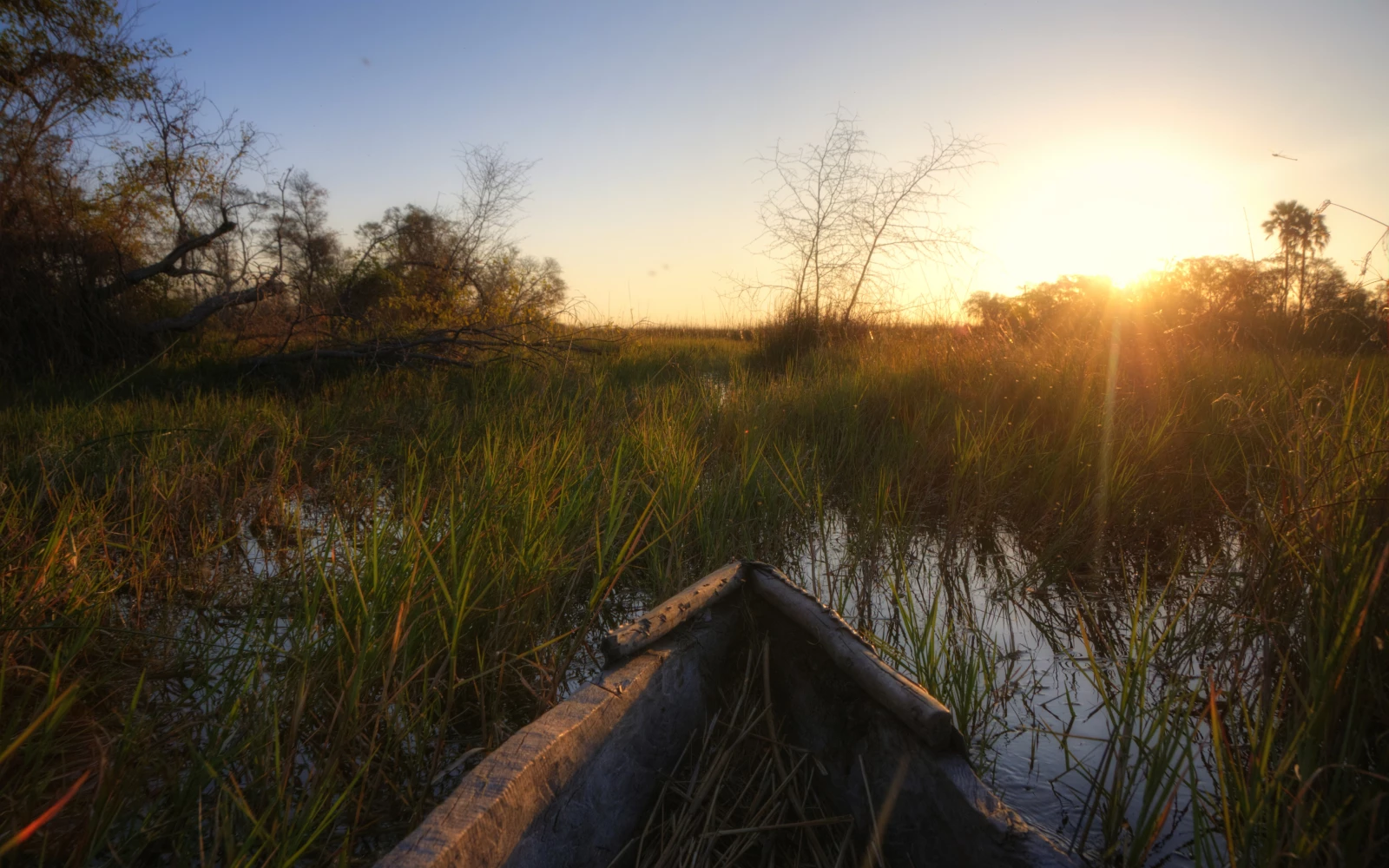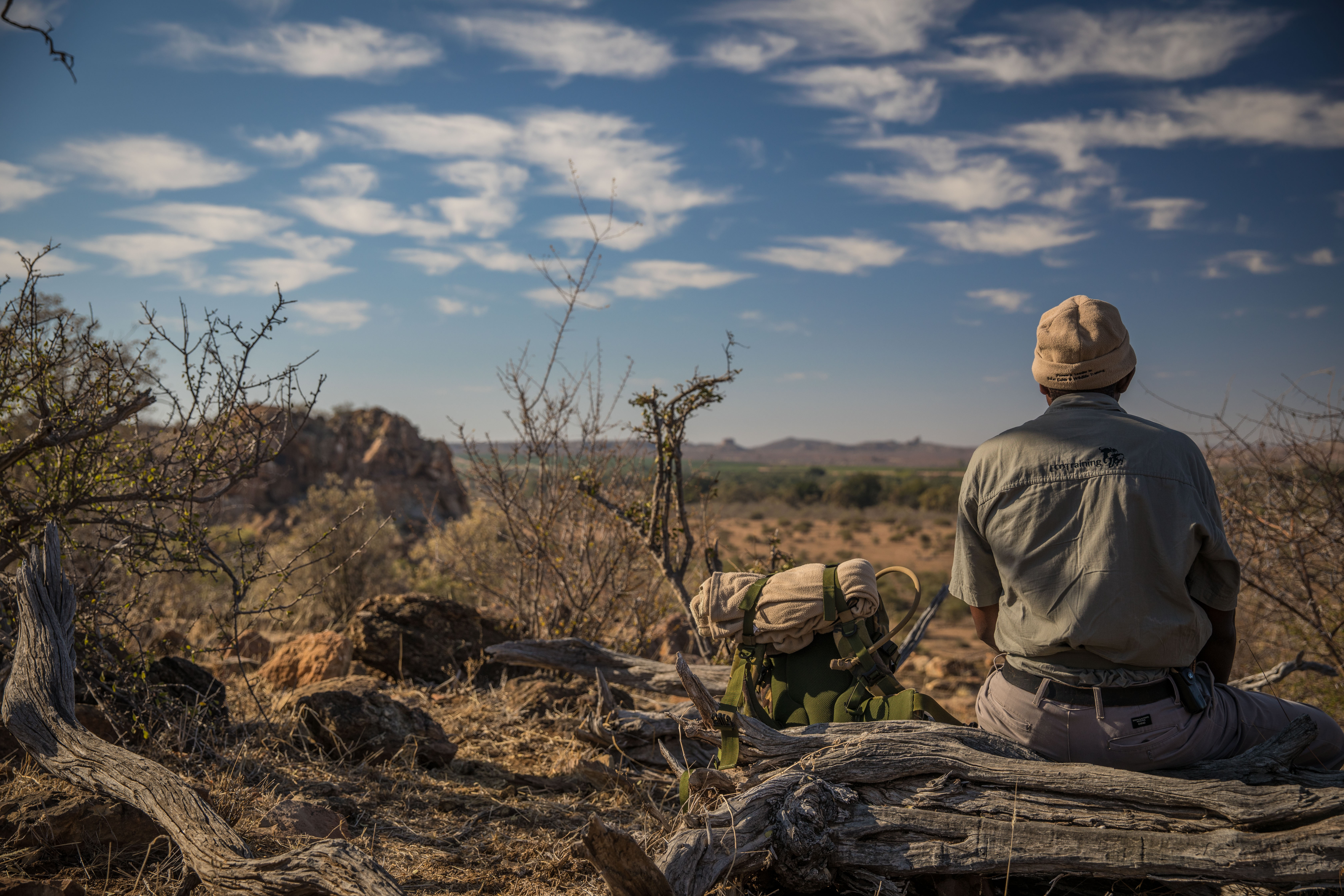
FGASA Apprentice Field Guide
FGASA Apprentice Field Guide
The FGASA (Field Guides Association of Southern Africa) Apprentice Field Guide qualification, also known as FGASA Level 1 or NQF2 (National Qualifications Framework Level 2), is an entry-level certification for individuals looking to begin their career as professional field guides in Southern Africa. This qualification provides foundational knowledge and skills necessary for guiding in a natural environment.
To become a FGASA Apprentice Field Guide, you need to complete a training course with a FGASA-accredited training provider. The course typically covers the following topics:
- Ecology and ecosystems: Understanding ecological principles, biomes, and ecosystems, as well as their interrelationships.
- Geology and soil: Learning about geological formations, soil types, and their influence on the environment.
- Plant and animal identification: Recognizing common species of flora and fauna, understanding their behavior, and learning about their ecological roles.
- Animal tracks and tracking: Identifying and interpreting animal tracks, signs, and spoor.
- Weather and climate: Understanding weather patterns, climate zones, and their effects on ecosystems.
- Conservation management: Learning about conservation principles, protected areas, and the role of field guides in conservation efforts.
- Guiding skills: Developing effective communication, presentation, and interpretation skills for guiding guests in a natural environment.
- Vehicle skills and maintenance: Basic knowledge of operating and maintaining a game drive vehicle.
- Basic astronomy: Identifying celestial bodies and constellations visible in the southern hemisphere.
- Legal aspects and code of conduct: Familiarizing yourself with the legal and ethical requirements for field guides.
In addition to theoretical knowledge, FGASA Apprentice Field Guide courses include practical components that offer hands-on experience in the field. The course duration may vary depending on the training provider, typically ranging from 4-6 weeks.
After completing the course, you'll need to pass a FGASA examination, which includes a written test, a practical assessment, and a learner-led game drive. You'll also need a valid First Aid certificate, usually at least a Level 1 qualification.
Upon successful completion of the course and assessments, you'll receive your FGASA Apprentice Field Guide qualification, allowing you to work as a professional field guide in Southern Africa.
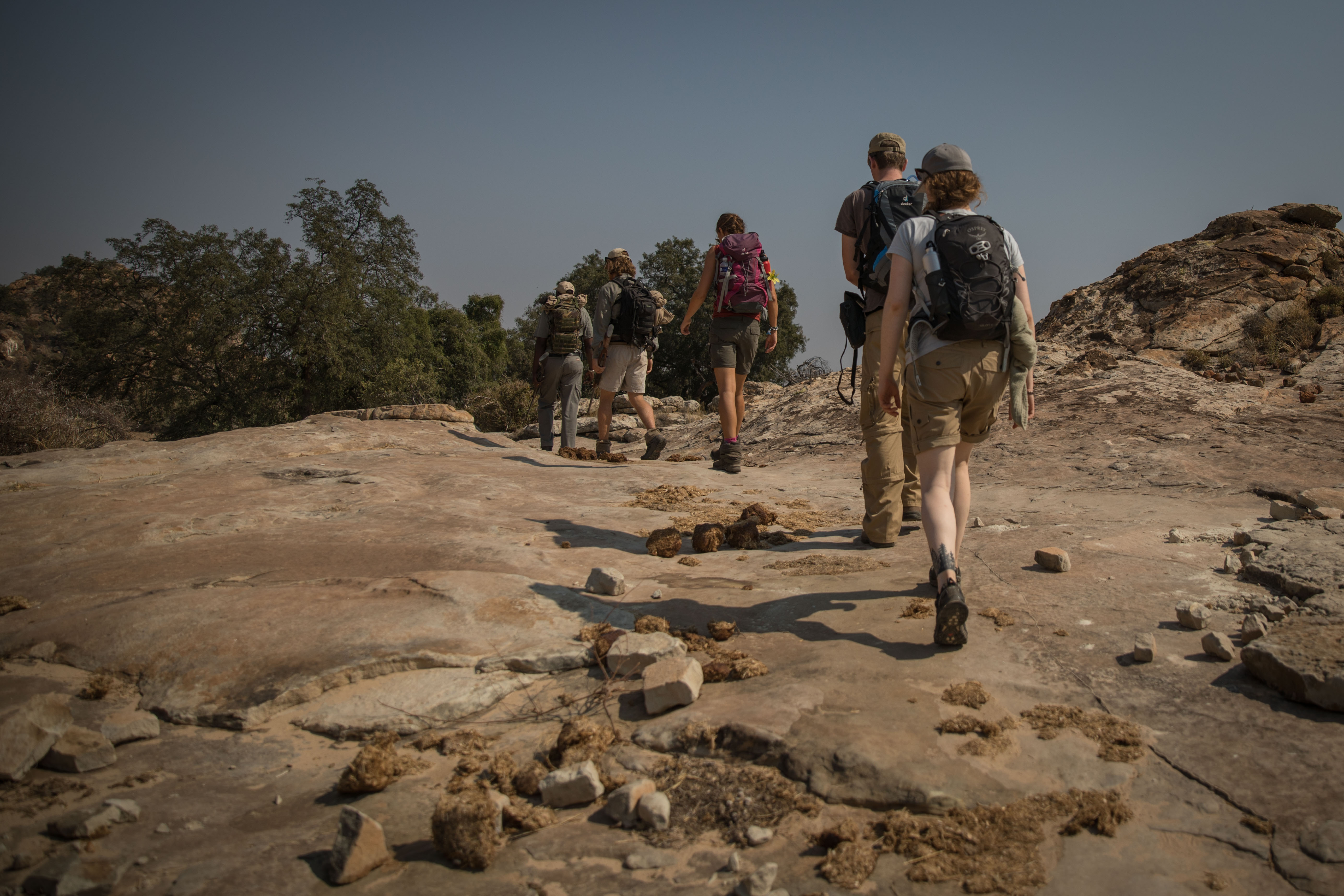
Why to join the FGASA Apprentice Field Guide?
In summary, joining a FGASA training program and obtaining an Apprentice Field Guide qualification can lead to professional recognition, foundational knowledge, practical experience, networking opportunities, personal growth, and exciting career opportunities in the wildlife and conservation sectors.
- Career opportunities: Obtaining a FGASA qualification opens up numerous career opportunities in the wildlife and conservation sectors, particularly as a professional field guide in Southern Africa. Field guides can work in game reserves, national parks, and private lodges, sharing their passion for nature with visitors from around the world.
- Personal development: FGASA courses provide comprehensive knowledge about the African bush, its flora, fauna, and ecosystems. This knowledge not only enhances your personal understanding of the natural world but also allows you to appreciate and connect with nature on a deeper level.Practical experience: FGASA courses include hands-on, practical training in the field, allowing you to gain valuable experience and develop essential guiding skills, such as tracking, navigation, and wildlife interpretation.
- Networking: Participating in a FGASA course allows you to connect with like-minded individuals who share your passion for nature and wildlife. This can lead to lifelong friendships and potential collaborations or job opportunities in the future.
- Professional credibility: A FGASA qualification is widely recognized and respected within the guiding industry. It demonstrates your commitment to high standards and professional development, making you a more attractive candidate for employers and clients.
- Contribute to conservation: As a field guide, you play a crucial role in promoting conservation efforts and raising awareness about the importance of preserving natural habitats and wildlife. By educating and inspiring visitors, you contribute to a broader understanding of and support for conservation initiatives.
By joining a FGASA training program and obtaining an Apprentice Field Guide qualification, you set the foundation for a rewarding career that offers personal fulfillment, continuous learning, connection to nature, international opportunities, and the potential for further qualifications and specialization.
In addition to the benefits already mentioned, joining a FGASA training program and obtaining an Apprentice Field Guide qualification offers several other advantages:
- Personal fulfillment: Working as a field guide allows you to follow your passion for nature, wildlife, and conservation. This can lead to a highly rewarding and fulfilling career, where you can make a positive impact on the environment and the guests you guide.
- Continuous learning: The field of nature guiding is dynamic, with new discoveries and information emerging regularly. As a FGASA-qualified guide, you have the opportunity to continuously learn and expand your knowledge, keeping you engaged and excited about your profession.
- Connection to nature: Spending time in nature has numerous physical and mental health benefits, such as reduced stress, improved mood, and increased physical fitness. As a field guide, you have the opportunity to immerse yourself in nature and enjoy these benefits on a daily basis.
- International opportunities: While FGASA qualifications are primarily recognized in Southern Africa, the knowledge and skills you acquire can be transferable to other countries and ecosystems. This may provide opportunities to work as a field guide or in related professions in other parts of the world.
- Further qualifications and specialization: The FGASA Apprentice Field Guide qualification is just the beginning. You can continue to develop your guiding career by pursuing advanced qualifications, such as the FGASA Professional Field Guide, Trails Guide, or specialist courses in areas like birding, tracking, or wildlife photography.
